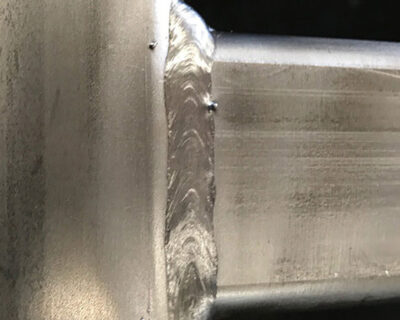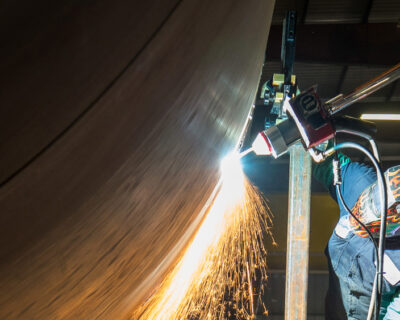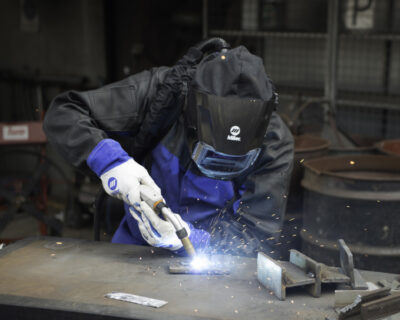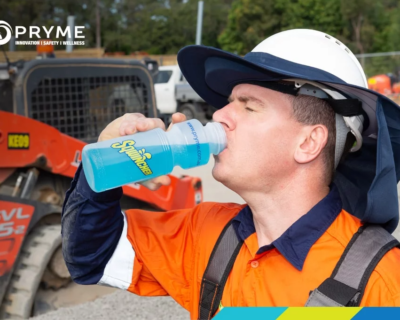Blog
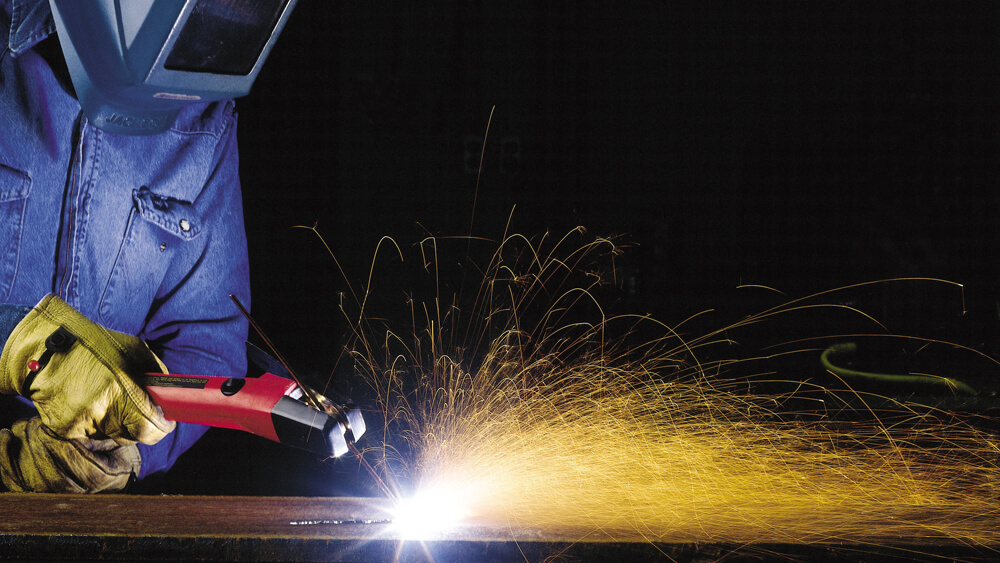
Air Carbon Arc Gouging: What is it and How Does it Work?
Understanding Air Carbon Arc Gouging: Technique, Advantages, & Application
Air carbon arc gouging process is simple, easy, and economical. In this article, we will walk through the process of air carbon arc gouging, how the technique works, and review the application and advantages.
What Is Air Carbon Arc Gouging?
Air carbon arc gouging is a thermal cutting process of removing or severing metal by heat from a carbon arc. The process uses a carbon/graphite electrode, standard power source, and compressed air. The intense heat arc produced between the tip of the electrode and the metal workpiece melts and cuts the metal. The air carbon arc gouging technique is used to remove any old or defective welds for repairing or dismantling equipment.
How Does Air Carbon Arc Gouging Technique Work?
The air carbon arc gouging process involves striking the electrode tip on the surface of the metal workpiece. This creates an intense arc between the carbon electrode tip and the workpiece. The heat from the carbon arc cuts and melts the metal. The compressed air stream is then used for blowing the molten metal from the surface of the metal workpiece. The metal gets cut or gouged only along the direction of airflow.
Required Equipment
Air Carbon Arc Gouging is a simple process that requires only a few pieces of equipment. These include:
- Carbon/graphite electrode
- Gouging torch
- standard power source and
- compressed air
Carbon/graphite electrode
A copper-coated carbon electrode or graphite electrode is used to generate an arc. The copper coating minimizes electrode erosion. Here, the electrode diameter plays a crucial role in reducing waste. Select the right diameter based on the width and depth of the gouge. Using the correct electrode diameter helps to precisely control cutting or gouging and reduce material waste.
Gouging torch
The gouging torch is used to hold the electrode and direct air to the arc. The torch contains a rotating head with air holes. The rotating head holds the electrode, and the air holes direct the air jet to the arc. The blast of air removes molten metal from the surface of the workpiece. The gouging torch is operated with a bottled gas supply or compressed airline.
Standard power source
The power source needs to be of high voltage capacity. DC (direct current) is suitable for steel and stainless steel whereas AC (alternating current) is suitable for copper, iron, and nickel alloys. It is critical for the power source to have a constant current output to prevent the high voltage current from causing the electrode tip to explode when brought in contact with the metal workpiece.
Compressed air
A compressed air line of up to 100 psi or bottled gas of 35 psi can be used. Air pressure is used to blow the molten metal after gouging. High-pressure air is not recommended as it may not be effective in removing the molten metal from the surface of the metal workpiece.
Areas of Application
Air carbon arc gouging does not depend on oxidation, making the process suitable for various metals. Typical application includes back gouging, removal of excess weld metal, removal of internal or surface defects, and preparation of bevel edges for welding.
The technique is used across various industries, including:
- Construction
- General repair
- Maintenance purpose
- Mining
- Metal fabrication and casting finishing
- Chemical and petroleum technology
Advantages Of Air Carbon Arc Gouging
- The process can gouge almost all common metals
- The process is five times faster than chipping
- The temperature of the area around the cut metals does not reach the maximum as the molten metal is quickly removed by air-jet after melting
Air carbon arc gouging is the process of removing metal from the workpiece using the heat of a carbon arc, compressed air, and power source. Simple, fast, and easy, the process can efficiently gouge almost all metals making it suitable for various industrial applications.

